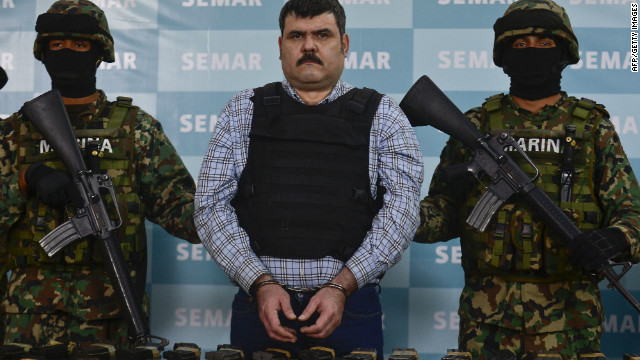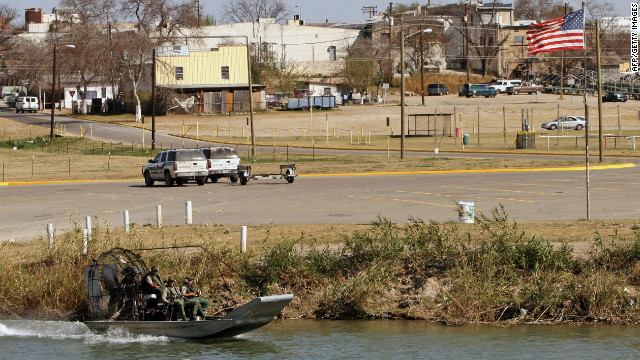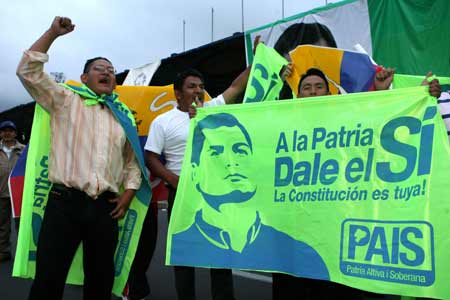US calls siege of Benghazi consulate a 'terrorist attack’

The White House said Thursday that an attack last week on the US consulate in Benghazi that left four US diplomats dead, including ambassador to Libya Christopher Stevens, was a "terrorist attack" and appointed a panel to investigate the incident.
The Obama administration on Thursday described last week’s assault on the U.S. Consulate in Benghazi, Libya, as a “terrorist attack” and announced a panel to investigate the events that took the lives of the ambassador and three other Americans.
Secretary of State Hillary Clinton gave lawmakers a classified briefing as more questions were raised in Congress about whether sufficient security was in place before the Sept. 11 attack in which the Americans, including Ambassador Christopher Stevens, died.
Clinton said the investigating panel would be chaired by Thomas Pickering, a retired diplomat who served as U.S. ambassador to Russia, India, Israel, Nigeria, El Salvador, Jordan and at the U.S. Mission to the United Nations.
The White House said it agreed with an assessment made a day earlier by a senior counterterrorism official that the violence in Benghazi was an act of terrorism.
“It is self-evident that what happened in Benghazi was a terrorist attack,” White House spokesman Jay Carney told reporters traveling with President Barack Obama. Carney did not go any further in clarifying whether the administration believed the attack was planned.
Some Republicans said they saw a shift in emphasis from the White House’s earlier presentation of the violence as a protest outside the Benghazi consulate that got out of control.
Debate over whether militant groups planned the assault or whether the violence resulted from protests against a film insulting to Islam has become U.S. election-year fodder.
“The story now has been changed. There was a planned, premeditated attack,” Republican Representative Howard McKeon, chairman of the House Armed Services Committee, told reporters on Capitol Hill.
The investigative panel, whose creation is generally required by law when someone is killed or seriously injured at a U.S. mission abroad, is made up of four people chosen by the secretary of state and the U.S. intelligence community. It is expected to write a report on whether security systems and procedures were adequate, and could recommend improvements.
Its work is separate from an FBI probe of the Benghazi attack, which happened on the 11th anniversary of the Sept. 11 attacks on the United States.
U.S. authorities are investigating possible collusion between the militants who launched the attack and locally hired Libyan personnel guarding the facility, three U.S. officials said on condition of anonymity. So far there is no proof of this, they said.
Secretary of State Hillary Clinton gave lawmakers a classified briefing as more questions were raised in Congress about whether sufficient security was in place before the Sept. 11 attack in which the Americans, including Ambassador Christopher Stevens, died.
Clinton said the investigating panel would be chaired by Thomas Pickering, a retired diplomat who served as U.S. ambassador to Russia, India, Israel, Nigeria, El Salvador, Jordan and at the U.S. Mission to the United Nations.
The White House said it agreed with an assessment made a day earlier by a senior counterterrorism official that the violence in Benghazi was an act of terrorism.
“It is self-evident that what happened in Benghazi was a terrorist attack,” White House spokesman Jay Carney told reporters traveling with President Barack Obama. Carney did not go any further in clarifying whether the administration believed the attack was planned.
Some Republicans said they saw a shift in emphasis from the White House’s earlier presentation of the violence as a protest outside the Benghazi consulate that got out of control.
Debate over whether militant groups planned the assault or whether the violence resulted from protests against a film insulting to Islam has become U.S. election-year fodder.
“The story now has been changed. There was a planned, premeditated attack,” Republican Representative Howard McKeon, chairman of the House Armed Services Committee, told reporters on Capitol Hill.
The investigative panel, whose creation is generally required by law when someone is killed or seriously injured at a U.S. mission abroad, is made up of four people chosen by the secretary of state and the U.S. intelligence community. It is expected to write a report on whether security systems and procedures were adequate, and could recommend improvements.
Its work is separate from an FBI probe of the Benghazi attack, which happened on the 11th anniversary of the Sept. 11 attacks on the United States.
U.S. authorities are investigating possible collusion between the militants who launched the attack and locally hired Libyan personnel guarding the facility, three U.S. officials said on condition of anonymity. So far there is no proof of this, they said.





.jpg)



 A landmark bribery trial starts Thursday in Brazil that could mar the legacy of popular former president Luiz Inacio Lula da Silva, or "Lula" (right). Thirty-eight former ministers, lawmakers and businessmen are charged with buying votes in Congress.
A landmark bribery trial starts Thursday in Brazil that could mar the legacy of popular former president Luiz Inacio Lula da Silva, or "Lula" (right). Thirty-eight former ministers, lawmakers and businessmen are charged with buying votes in Congress.


